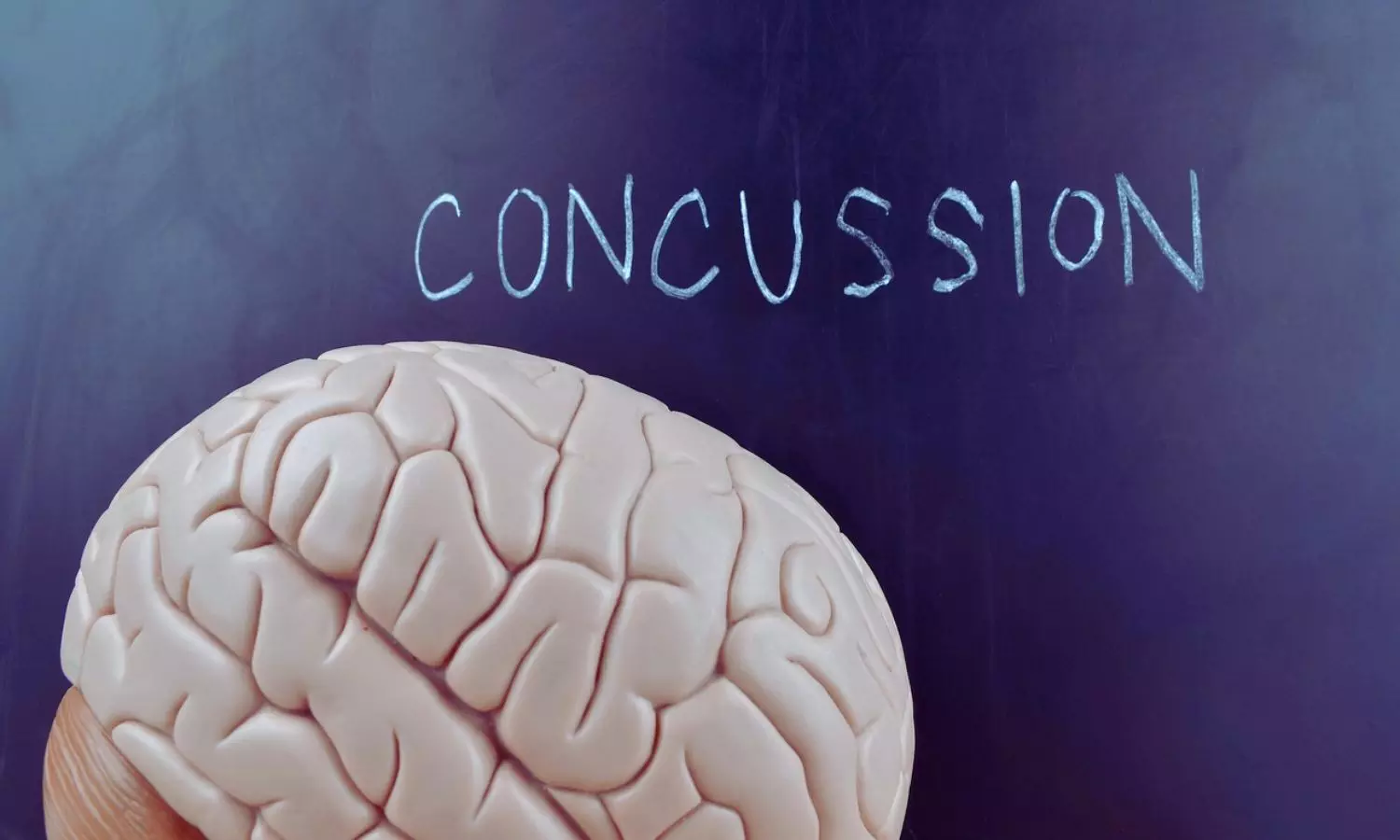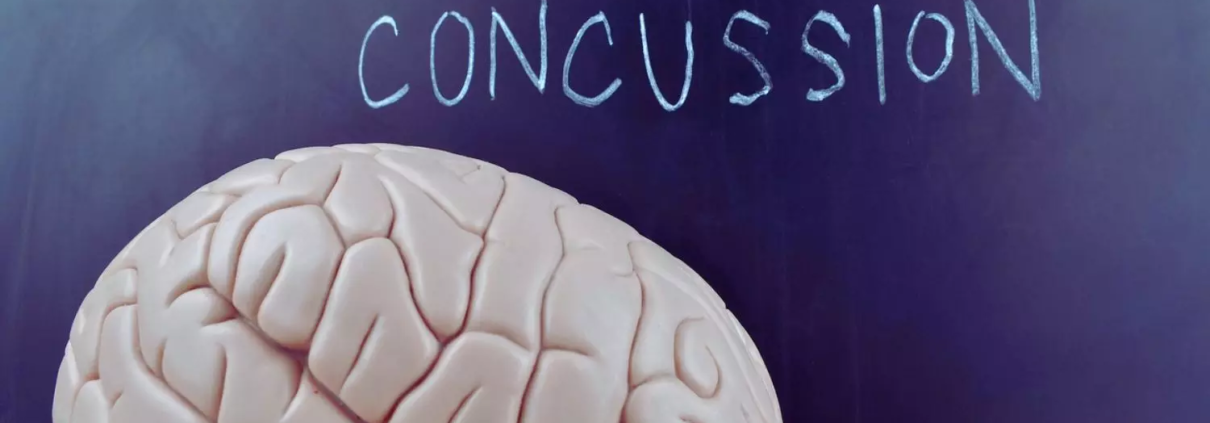Concussions Linked to Increased Suicide Risk in Youth, suggests research

Researchers have determined in a new study that adolescents who have diagnosed concussions have over a 60% greater risk of suicide than those with orthopedic injuries. The research emphasizes an important mental health issue, indicating that for every additional concussion, the risk increases. With the increasing numbers of children and young adults experiencing concussions, the findings suggest the importance of establishing specific suicide prevention interventions in this group. The study was published in the American Journal of Preventive Medicine by Jingzhen Yang and colleagues.
This was a retrospective longitudinal cohort study based on Ohio Medicaid claims merged with death certificate information from January 1, 2011, through December 30, 2020. The sample consisted of 417,512 youth and young adults 5–24 years old, separated into two cohorts:
-
Concussion group: 41,341 persons
-
Orthopedic injury (OI) group: 376,171 persons
Follow-up of participants up to 10 years was done. Statistical analysis in the form of Cox regression models with inverse probability of treatment weighting (IPTW) was used to estimate associations between injury type and suicide death time. Other models tested the effect of concussions that occurred in follow-up. Analyses were carried out from April through August 2024.
Results
-
There were 271 suicides during follow-up, 42 in the concussion group and 229 in the orthopedic injury group.
-
Suicide risk: Adolescents with concussion were at a significantly increased risk of suicide compared with individuals with orthopedic injury (HR = 1.65; 95% CI = 1.18–2.30).
-
5-year difference in risk: 0.034% (95% CI = 0.006%–0.061%), or 34 extra suicides per 100,000 with concussion.
-
Repeated concussion effect: With each follow-up concussion, the risk of suicide was associated with another increase (HR = 1.52 per incident; 95% CI = 1.12–2.05).
This large-scale cohort study shows that youth and young adults with concussions face a more than 60% higher suicide hazard compared to those with orthopedic injuries, and each subsequent concussion further elevates the risk. These findings highlight the urgent need for targeted suicide prevention interventions in concussion patients, underscoring concussion not just as a neurological concern but also as a serious mental health risk factor.
Reference:
Yang, J., Brock, G. N., Steelesmith, D. L., Thompson, A. J., Llamocca, E. N., Bridge, J. A., & Fontanella, C. A. (2025). Association between concussion and risk of suicide among youth and young adults. American journal of preventive medicine, 108127. Advance online publication. https://doi.org/10.1016/j.amepre.2025.108127



